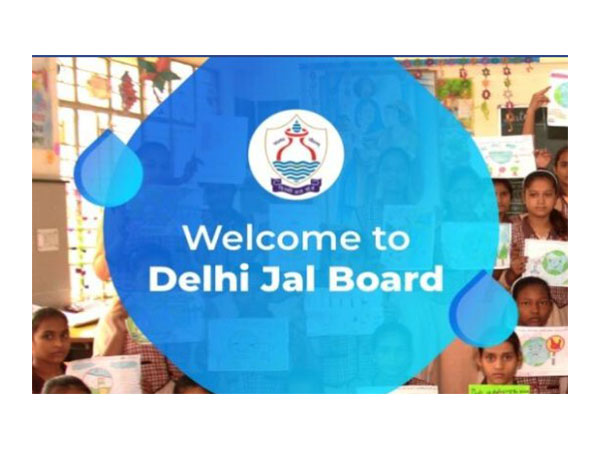Delhi Jal Board's 'One Zone, One Operator' Plan Aims to Revolutionize Water Management
The Delhi Jal Board introduces a groundbreaking 'One Zone, One Operator' water policy to enhance water management. The policy divides Delhi into eight zones, each managed by a private operator. Aimed at reducing water wastage and improving supply, the initiative seeks to upgrade the city's water infrastructure.

- Country:
- India
The Delhi Jal Board (DJB) announced its ambitious 'One Zone, One Operator' water policy Wednesday, dividing the national capital into eight service zones. Each zone will be managed by designated private operators to streamline water supply and sewerage management.
Under this policy, each operator will handle supply, network management, billing, and repairs while reducing Non-Revenue Water. Although private operators will manage local operations, DJB will oversee sourcing, purification, and bulk distribution and monitor private player performance. This initiative aims to cut water wastage—currently at 50 to 52 percent—and provide uninterrupted supply.
This model, similar to power distribution companies, aims to centralize responsibilities and improve accountability. Starting with the Wazirabad zone, the policy is expected to benefit 3.16 million residents with better water and sewerage services. With a water distribution network of 15,600 km, the city faces significant billing gaps, as DJB currently serves only 2.9 million connections for a population of over 21.5 million.
In tandem with this initiative, DJB, under Chief Minister Rekha Gupta's leadership, has launched a 45-point action plan with a Rs 9,000 crore budget to enhance water infrastructure. Aimed at providing clean drinking water and a pollution-free Yamuna, the efforts are closely monitored by the Chief Minister, Lieutenant Governor VK Saxena, and PWD Minister Parvesh Verma.
(With inputs from agencies.)










